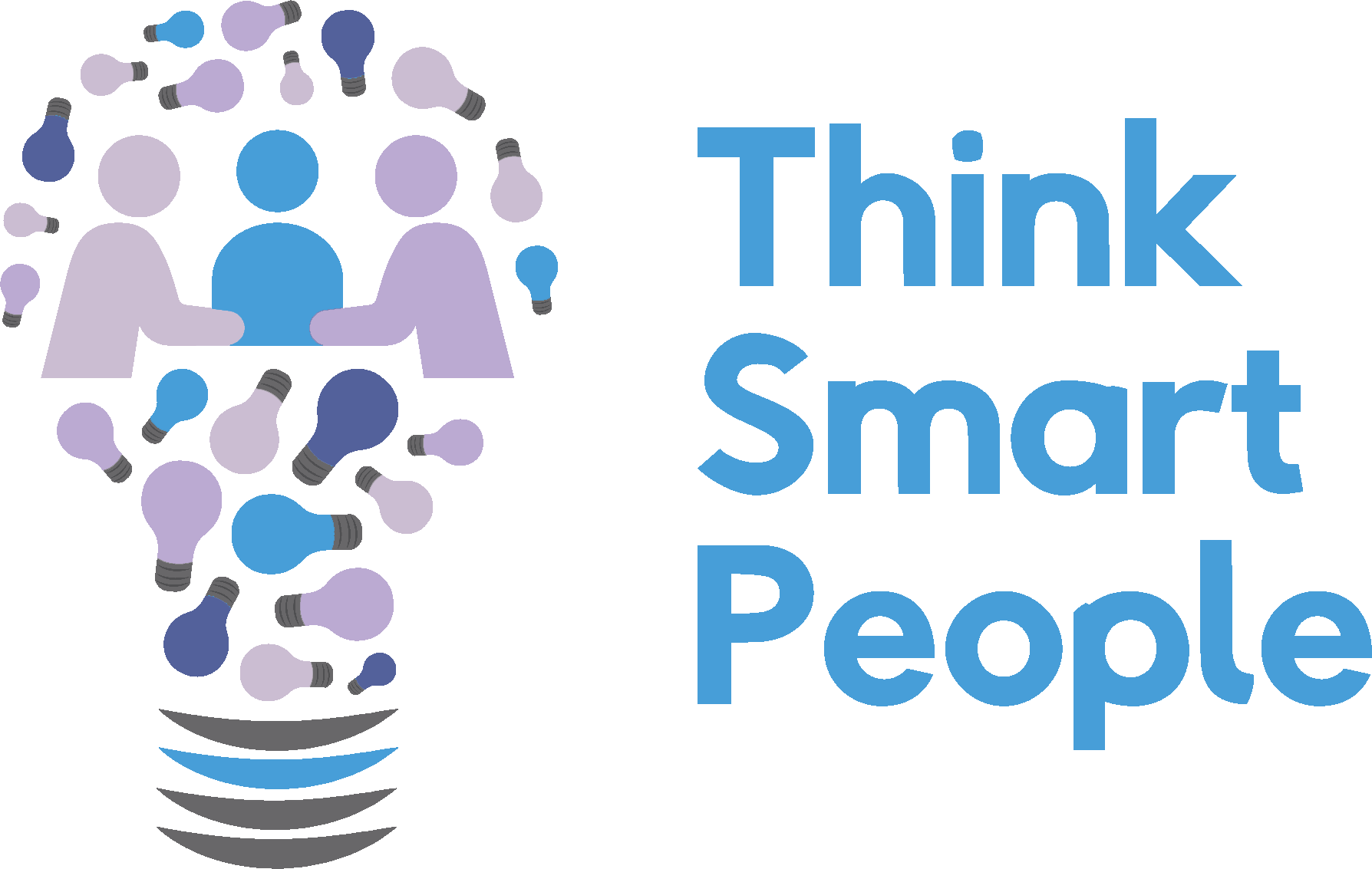Do You Manage HR The Best Way Possible? What Employers Must Do
To manage HR the best way, employers must focus on more than just contracts and pay. Good HR management involves caring for people, following employment laws, and creating a workplace where employees feel supported, safe, and fairly treated. Employers searching for how to manage HR well are often looking for simple, clear ways to run their teams better without stress or legal problems.
Managing HR the right way means setting up systems that are easy to follow, fair for everyone, and built for long-term growth. This includes keeping clear records, offering proper training, managing time off fairly, and handling problems quickly. When HR is managed properly, teams perform better, staff stay longer, and the business grows stronger.
Many small and medium-sized business owners feel unsure about whether they are managing HR the best way. Some are still using paper files or messy spreadsheets. Others may not fully understand the laws around contracts, sick pay, holiday leave, or disciplinary procedures. These gaps in understanding can lead to stress, mistakes, or even fines.
A strong HR system doesn’t have to be complicated. In fact, the best ones are simple, consistent, and easy to use. Whether you have five staff members or fifty, the same rule applies: if you take care of your team, they will take care of your business.
In this article, we will look at what employers need to know to manage HR the best way, including common mistakes to avoid, simple practices that make a big difference, and tools that help you run things smoothly and fairly.
Let’s get started with the key areas that are often missed when it comes to HR.
Key Areas Employers Often Overlook In HR Management
Many businesses try to manage HR the best way but unknowingly skip over some very important parts. These missed areas can create confusion, reduce trust among staff, or even cause legal trouble. Below are some key parts of HR that employers often forget or don’t give enough attention to.
Proper record-keeping: Keeping clear records is one of the most basic parts of HR. This includes contracts, staff handbooks, sick notes, holiday requests, and performance reviews. When records are missing or scattered across emails and paper files, it becomes difficult to prove what has been agreed or discussed. This can become a problem if there is ever a disagreement or inspection.
Induction and training: Many businesses skip proper onboarding. New starters should always get a full induction to help them understand their role, company policies, and what is expected of them. Training doesn’t end after the first week. Staff need regular updates to keep skills fresh, stay safe, and feel like they are developing.
Clear job descriptions: A vague job description can create confusion and lead to poor performance. If employees are unsure of their tasks or responsibilities, mistakes happen more often. Every role should have a written description that outlines duties, working hours, reporting lines, and any targets.
Dealing with absence properly: Absence management is often overlooked until it becomes a problem. Employers should keep track of sick days and understand when to step in. Some absence might be genuine, but long or repeated absences can affect the whole team if not addressed correctly.
Fair treatment and discipline: Some employers act too slowly when there are issues. Others react too harshly without following a fair process. It’s important to have a clear disciplinary process that is fair, respectful, and follows UK employment law. Acting fairly avoids staff complaints and helps solve problems before they grow.
Staff feedback and check-ins: Businesses that forget to check in with staff can miss early signs of dissatisfaction or burnout. Regular one-to-one meetings show staff that they are valued. These check-ins help solve small issues before they turn into bigger ones.
Missing any of these areas makes it harder to manage HR. Being aware of these common gaps helps employers build stronger, safer, and more reliable workplaces.

How To Manage HR The Best Way: Simple And Effective Practices
In managing HR the best way, employers don’t need complicated systems or big HR departments. What they need is a clear approach that works day to day, supports staff properly, and helps the business grow without stress. Here are some easy and effective ways to manage HR better.
Use written policies: Every workplace should have simple written policies that cover things like time off, lateness, sickness, grievance procedures, and conduct. These policies should be clear, shared with all staff, and stored somewhere easy to access. When rules are written down, everyone knows where they stand.
Keep employee files organised: Store contracts, appraisals, training records, and time-off requests in one place. You can use digital folders or HR software to make sure nothing is missed. Having records up to date saves time and helps if any issues come up later.
Create a clear process for hiring: A good hiring process saves time and avoids mistakes. Every vacancy should follow the same steps: writing a proper job advert, interviewing fairly, checking references, and sending a proper offer letter and contract. Skipping steps might lead to hiring the wrong person or breaking employment laws.
Run regular check-ins: One-to-one catchups help employers understand how staff are doing. These meetings can be monthly or quarterly. Use this time to listen, give feedback, and set goals. Staff feel more supported when they know they’re being heard.
Provide simple training opportunities: Training doesn’t need to be expensive. It can be as simple as giving staff time to watch short videos, attend workshops, or shadow a more experienced team member. Learning keeps people motivated and helps them do their jobs better.
Make time for team communication: Teams work better when they talk openly. Holding short weekly catchups or morning briefings can stop problems from building up. It also gives staff a chance to raise concerns and feel part of the bigger picture.
Use simple HR tools: Small businesses don’t need fancy systems, but basic HR tools can save time. These might include software for tracking holidays, managing rotas, or storing contracts safely online.
In managing HR the best way, it’s about being organised, fair, and consistent. These small practices, when done regularly, create a stronger, happier workplace.
Why HR Compliance And Fair Treatment Must Be A Top Priority
When trying TO manage HR the best way, one area that must never be ignored is compliance with UK employment laws. Fair treatment and legal responsibility go hand in hand. Businesses that get this wrong may face penalties, poor staff morale, or even legal action. Getting it right builds trust and helps the business grow on a solid foundation.
Follow proper procedures: Every employer should know the basics of UK employment law. This includes giving written contracts, following rules for dismissals, offering fair pay, and managing holidays correctly. Even small mistakes, like miscalculating holiday pay, can cause serious problems later on.
Handle discipline fairly: If an employee breaks rules or underperforms, action might be needed. But it must be done the right way. A fair disciplinary process includes giving warnings, keeping written records, allowing the employee to respond, and not rushing decisions. Being fair doesn’t mean being soft. It means being clear, reasonable, and consistent.
Support equality and inclusion: All staff must be treated fairly, regardless of age, gender, background, disability, or religion. Employers have a duty to prevent discrimination and make the workplace safe and respectful for everyone. Offering training and clear policies helps staff understand what’s acceptable and how to report problems.
Be prepared for inspections or claims: Employers should keep clean records and clear evidence of how they manage HR. If there is ever a tribunal claim or HMRC check, being able to show contracts, meeting notes, or training logs can make all the difference.
Encourage a fair workplace culture: Fair treatment doesn’t only come from ticking boxes. It should be part of daily life at work. This means listening to staff, treating everyone with respect, and not showing favouritism. When staff feel they are treated fairly, they are more likely to stay loyal and do their best.
Avoid risky shortcuts: Trying to cut corners in HR might save time today, but it often leads to bigger problems. Using proper systems and following fair steps, even when it takes more time, is always the better choice.
To manage HR the best way, employers must treat compliance and fairness as top priorities. It’s not about fear of penalties, but about building a workplace that people trust, respect, and want to be part of.

Building A Strong HR Foundation With The Right Tools And Support
To manage HR, you need more than just good intentions. You need the right tools, systems, and support to help you stay organised, act fairly, and respond to issues quickly. Whether you’re a small business or growing fast, a strong HR foundation helps keep everything running smoothly.
Start with a simple HR system: Many businesses still rely on paper files or spreadsheets. This often leads to missing documents, errors, or forgotten tasks. A basic HR system helps track contracts, training, absence, and reviews all in one place. It doesn’t need to be expensive or complex. Even a simple online platform can save hours each week.
Set up clear processes: Good HR depends on following clear steps. For example, when someone joins the team, there should be a checklist for what they need: a signed contract, ID check, handbook, and induction. When someone leaves, there should also be a clear exit process. These steps reduce mistakes and make your team feel looked after.
Keep everything in writing: Verbal promises or casual chats can cause confusion later. Always follow up on meetings or changes with a quick written summary. This could be a short email confirming a decision or a signed note added to the employee’s file. Clear records protect both the employer and the employee.
Get expert support when needed: You don’t have to do everything alone. If you’re unsure about contracts, disciplinaries, or employment rights, speak to someone who knows the rules. This could be an outsourced HR advisor, a legal expert, or a dedicated HR service provider. Getting support early often saves time, stress, and money in the long run.
Make time for regular reviews: Check your HR documents and systems every few months. Are your contracts up to date? Are your holiday records accurate? Are staff due for reviews or training? A short check-in every quarter can prevent small problems from becoming big ones.
Encourage a people-first approach: Strong HR is not just about rules. It’s also about supporting your people. When you show that you care about fairness, development, and safety, your team is more likely to stay, grow, and perform well.
Having the right tools and support in place is a key part of being able to manage HR in the best way every day.
Let’s Help You Manage HR The Best Way From Today
If you’re unsure whether you are managing HR the best way, you’re not alone. Many employers feel they’re just about keeping up with contracts, holidays, and staff issues. But managing HR properly doesn’t have to be difficult. With the right help, tools, and habits, it becomes a smooth part of running your business, not a headache.
At Think Smart People, we make HR simple, fair, and effective. We understand the daily pressures that come with leading a team, especially when you’re trying to juggle multiple responsibilities. That’s why we offer clear support and easy solutions that help you stay organised, follow the law, and build a positive workplace.
Whether you need help with contracts, absence tracking, performance management, or staff handbooks, we’re here to step in and support you at every stage. We don’t just offer advice, we provide systems that work for your business size, your people, and your budget.
Managing HR the right way builds trust, keeps your business protected, and helps your team thrive. From first hires to long-term staff development, everything becomes easier when your HR is handled properly.
If you’re ready to stop guessing and start doing HR the smart way, get in touch with Think Smart People today. We’ll help you put the right steps in place, fix what’s missing, and give you peace of mind that you’re managing your team properly, from day one and every day after.

